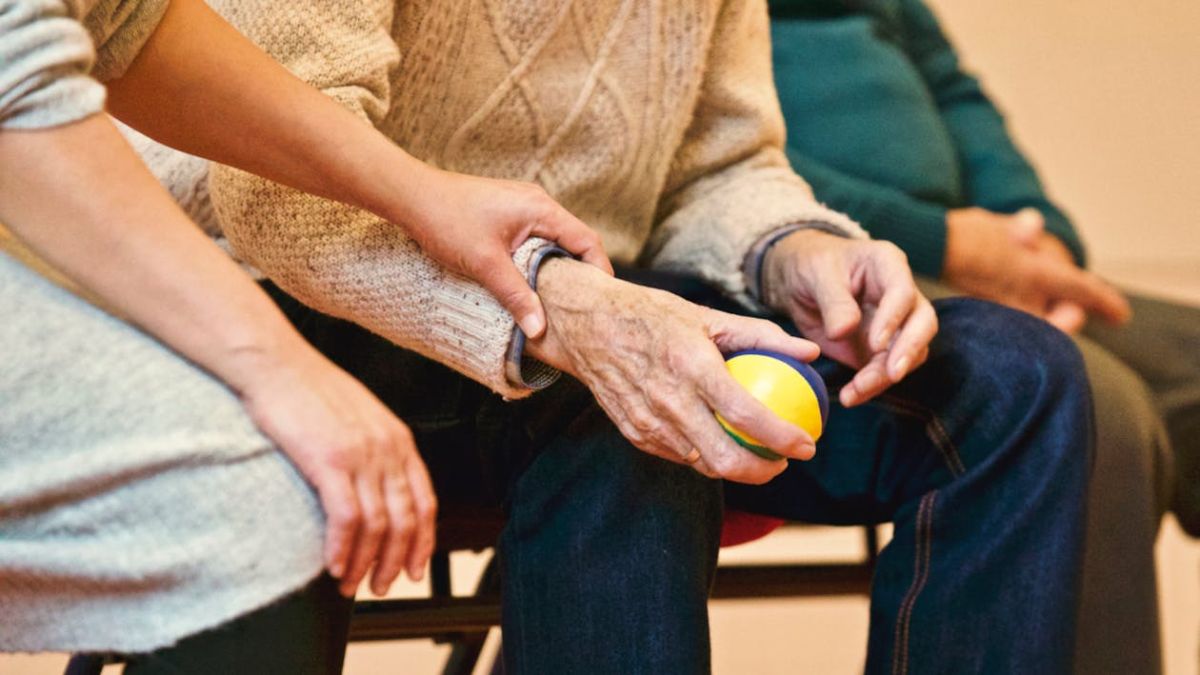Congratulations on your new career as a home health aide! Choosing home care as a career is a huge step! Now it’s time to prepare yourself with as much knowledge as possible before your first day.
True Care invests hours in preparing their certified Home Health Aides before assigning them to cases to make sure they are prepared for whatever the job may throw their way.
If you’re not yet a True Care HHA, these tips are still helpful until you decide to explore your options with us.
1. Safeguard Your Client’s Confidentiality
As an HHA you will be privy to a lot of sensitive, private information about your client. Please be aware that your client’s health information is protected by law. The Health Insurance Portability and Accountability Act of 1996 (HIPAA) is a federal law that protects sensitive patient health information from being disclosed without the patient’s consent or knowledge.
This means that you must NOT discuss clients with your friends, neighbors, or relatives or even in a public space where your conversation can be overheard.
Violation of HIPAA will not only jeopardize your employment but can set the stage for legal action to be taken against you.
2. Get Familiar with the Plan of Care
The Plan of Care, which is created by the nurse assigned to your client, holds all the specifics of your client’s medical needs. It is important that you can locate and understand the plan when you arrive at your client’s home.
If you cannot locate the Plan of Care or have trouble understanding it, reach out to your coordinator and the nurse assigned to your client. They are more than willing to assist you in overcoming any challenges you may have in this area.
3. Stay In Touch
True Care HHAs are never without the full support of their coordinator, the assigned nurse, and handbooks that detail the ‘dos and don’ts’ of the job.
In addition to regular classes that aides can use to brush up on their knowledge, True Care HHAs can reach out to the nurse assigned to their client for a refresher on any specific task.
For example, if your client needs a Hoyer lift to assist with transfer, you can ask the assigned True Care nurse to retrain you on how to use it safely. It is always recommended to reach out when faced with challenges than to go it alone as your client’s safety and wellbeing may be in the balance.
4. Carry Your First Day Essentials
Your first day as an HHA can feel like a challenge, but there are some things you can do to face the day as prepared as possible.
Make sure you have the client’s name, address, and phone number clearly written down. Get the directions and plan your route to the location beforehand so you can take the quickest and safest route.
Arm yourself with a clean set of scrubs, two comfortable shoes – one to be worn outside and one inside the home, True Care’s office number and know the contact for the coordinator who assigned you to the client.
Also, make sure that you have downloaded the HHA Exchange App to your phone. You will have to clock in and clock out using the App and this is the main way of tracking your work hours.
5. Read Your HHA Handbook
True Care’s HHA Handbook, which is sent to every onboarded HHA, is an HHA’s greatest asset and playbook. The Handbook outlines the tasks you will be expected to perform as an HHA, the tasks you should not be performing, details on confidentiality, and what to do in times of crisis.
The HHA Handbook is a key component in successfully executing your duties and can ensure you are not in violation of the regulations of home care.
The handbook is a digital publication, so you can reference it quickly from your mobile device while you’re on the go.
6. Be Compassionate
Keep in mind that while you are new to home care, your client is also going through their own emotional and health journey. It is never easy to give up your independence and many clients find it difficult to come to terms with the fact that they will rely on you for simple and sometimes very personal tasks.
With that in mind, it’s important to allow your client to maintain as much independence as is safely possible. As part of your role as a companion, engaging him or her in conversations can bring a level of familiarity that will make the adjustment period that much easier.
7. Take Care of Yourself
As a home health aide, you are physically, mentally, and emotionally engaged while on your shift and sometimes beyond that time frame. You will have to take especially good care of yourself.
Self-care and taking care of your own needs should never be low on your list of priorities.
You need adequate sleep, good nutrition, and time to enjoy hobbies and friends. All of this will help to keep your stress levels in check and your energy up, which translates into better care for your client.
We hope you found these tips helpful. And good luck on your home care journey!
* Please note, this post is for advertisement purposes only and may not contain any licensed medical staff or actual medical procedures. Do not substitute the information in this post for medical or legal advice from a certified and licensed professional.*





